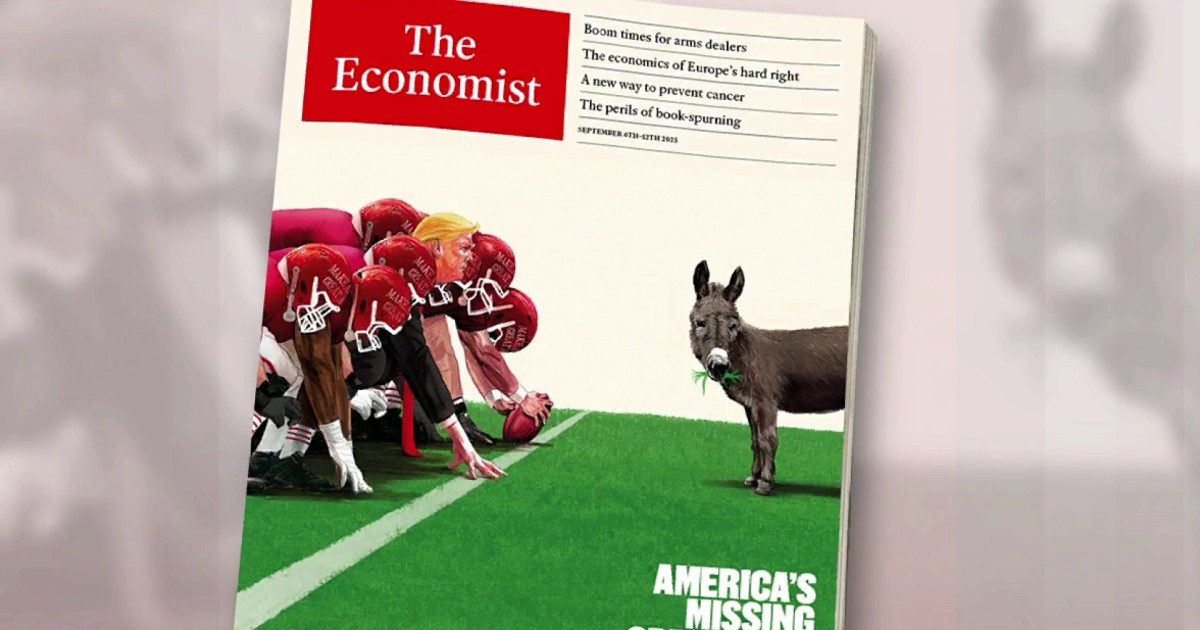Trump's Autism Claims Spark Concern and Anger Among Families
Statements made by former U.S. President Donald Trump regarding autism have generated significant controversy. At a recent rally in Glendale, Ariz., Trump claimed to have found "an answer to autism," later linking rising autism rates to the pain reliever Tylenol (acetaminophen). These claims, made without scientific evidence, have been met with criticism from medical experts and the autism community.
Trump's Announcement and Its Fallout
Trump's initial announcement was made at a Charlie Kirk event at State Farm Stadium. He stated, "Tomorrow, we're going to have one of the biggest announcements medically, I think in the history of our country… I think we found an answer to autism. How about that? Autism. We won't let it happen anymore." The following day, his administration connected autism to Tylenol use, claiming autism is "artificially induced."
However, medical professionals and organizations like the Canadian and U.S. associations for obstetricians and gynaecologists have refuted these claims, stating there is no causal link between acetaminophen and fetal development issues. They have expressed concerns about the potential for unwarranted fear and guilt among pregnant women.
Concerns Within the Autism Community
Many in the autism community are deeply concerned about Trump's statements. Vicky Haaksman, a mother of a child with autism and ADHD, expressed her concern that linking autism to Tylenol "screams avoidance." She told CBC News, "Instead of actually focusing on what these families and children need, we're going to find a random thing to blame that has no strong scientific evidence behind it."
Rachel Snider of Kingston, Ont., whose son has profound autism, echoes these concerns, stating that framing autism in terms of "curing it" or "preventing it" misdirects focus from supporting autistic individuals and improving their quality of life. Similarly, Katherine L'Etang of Vancouver Island, who is autistic and has ADHD, finds these claims stigmatizing and a step backward in autism awareness and support.
Scientific Perspective on Autism
Autism spectrum disorder (ASD) is a neurological condition affecting brain function, leading to challenges in communication and social interaction, as well as restricted and repetitive behaviors. While there is no single cause of autism, decades of research indicate a strong genetic component. The U.S. National Institutes of Health also lists potential risk factors like prenatal exposure to pesticides or air pollution, prematurity, and maternal health problems.
Experts generally attribute the increase in autism diagnoses to improved screening and a better understanding of the condition. Diagnoses in the United States have risen significantly, from 0.66% in 2000 to 2.77% in 2020, according to the Centers for Disease Control and Prevention.
Reactions from Medical Experts
Medical experts have largely dismissed the link between acetaminophen and autism. Dr. Christopher Labos, an epidemiologist and cardiologist in Montreal, told CBC News Network, "The vast majority of doctors do not believe that Tylenol causes autism. They do not believe that this link is there."
The Society of Obstetricians and Gynaecologists of Canada (SOGC) maintains its recommendation for acetaminophen as a first-line treatment for fever and pain during pregnancy when medically indicated. The SOGC, along with organizations like the Society for Maternal-Fetal Medicine and the U.S. Food and Drug Administration, have critically analyzed available studies and found the evidence for a causal link to be weak.
The Dangers of Misinformation
Shannon Burley, a mother of a child with autism, emphasized the danger of misinformation, particularly when spread by those in positions of power. She stated, "To hear about this bogus connection makes me so angry. It makes me feel like they're trying to say it's my fault and that I could've prevented it, and that's just so wrong." The concerns surrounding Trump's claims highlight the need for accurate information and continued support for the autism community.
 Visit the website
Visit the website





